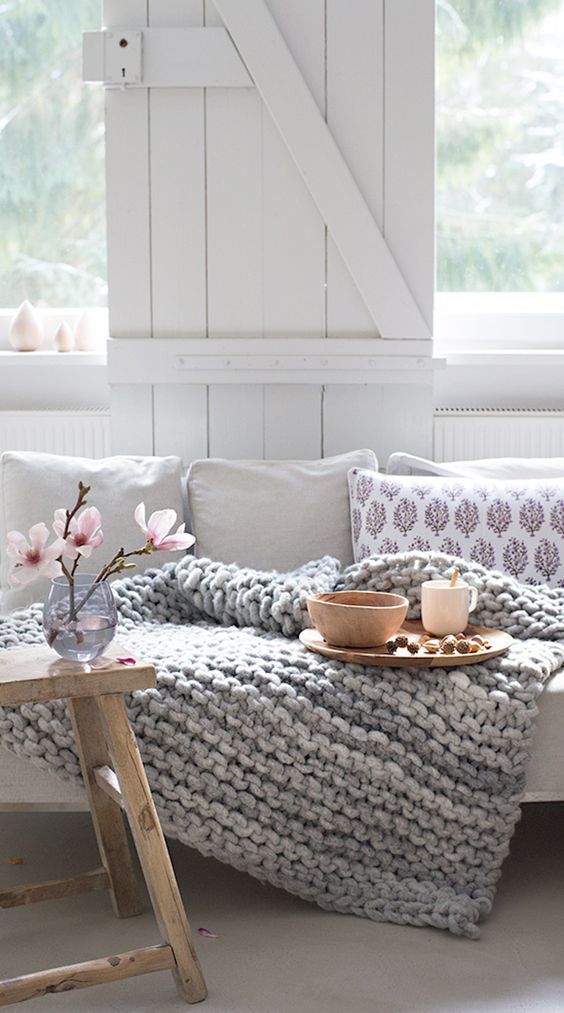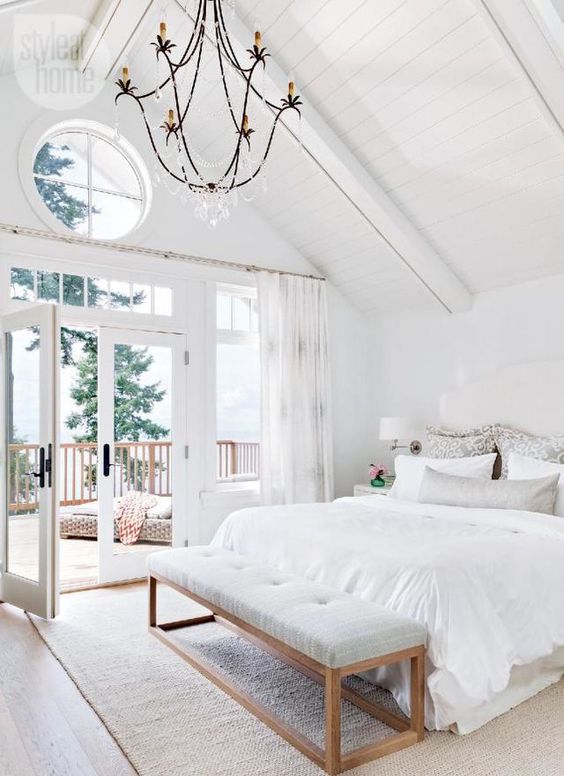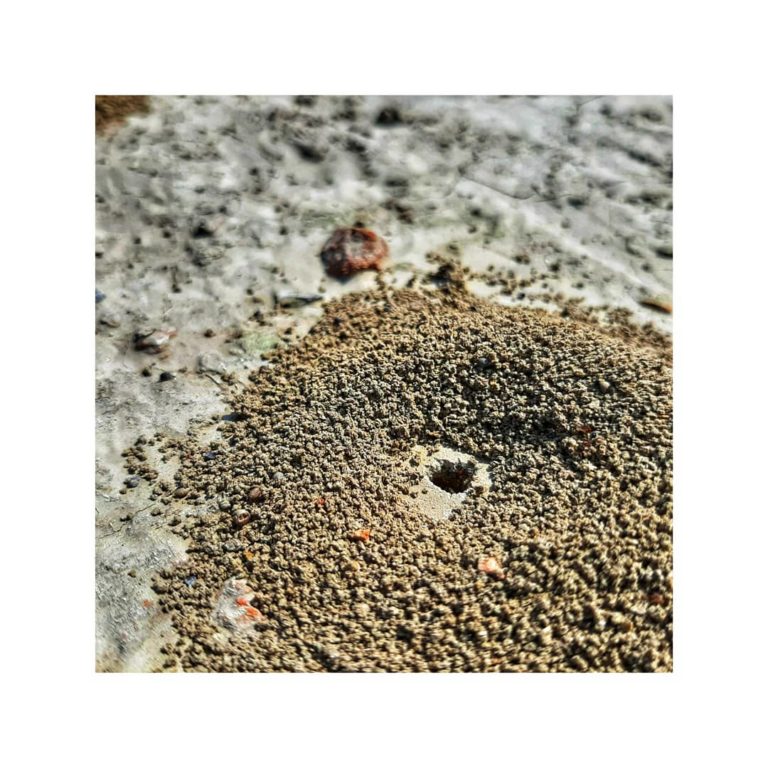How to Protect Your Home from Winter Weather
When winter is in full force across the country, and aside from shoveling the snow from your walkways and making sure your kids wear their warmest jackets before heading out, what are you doing to keep your home safe and comfortable? It’s important to consider the ways you can protect your home from inclement weather. From pipe insulation to gutter maintenance, furnace checkups to window upgrades, there are easy ways to protect your home from winter weather. Consider the following strategies and ensure your home and family are protected against any oncoming storm.
Carbon Monoxide Alarm
Carbon dioxide has been called the “Silent Killer”, and it lives up to its name. This odorless, colorless gas can bring on sudden illness and lead to death. It can be produced from any singular combustible fume source, meaning your gas stove, range, or generator could be a potential factor in the production of this deadly gas.

Because the winter sees us closing up our homes and using many of these types of items, the season can heighten the risk of carbon monoxide poisoning. If you don’t already have a carbon monoxide alarm, be sure to install one; if your home has two stories, be sure to install another upstairs.
Gutter Maintenance
After all the leaves have fallen off the trees in autumn, you’ll likely find the bulk of them hiding in the rain gutters of your home. It’s important to hose down your gutters and rid them of any junk and gunk that may be left behind due to storms and debris. As you’re cleaning your gutters, be sure to watch for misaligned pipes and leaks. These could prove to cause major problems for your home in the future; if your downspouts are directing water towards your home’s foundation, you could find yourself dealing with some serious flooding and freezing. If you’re unsure how to best clean out your gutters, consider hire a professional gutter cleaner.

Pipe Insulation
Taking steps to prevent pipes from freezing is important for every homeowner in the winter months. If the pipes do freeze and are left unattended, they’ll likely burst and add thousands of dollars of expenses to your budget. If you plan on leaving your home for any extended amount of time, be sure to allow your faucet to drip. This helps decrease pressure in the pipes and will prevent total freezing. If you find any holes or cracks in the pipes inside or outside of your home, be sure to apply caulk.
Furnace Cleaning
If you burn a furnace during the winter, be sure to ensure it’s functioning properly. If something’s wrong, it’s important to spot it and take measures to correct it before the problem worsens. Have your chimney inspected every year, and always clean it out properly—don’t leave ashes in areas where they might catch alight.
Keeping Out Drafts
If you live in an older home and you haven’t replaced your windows and doors, you’re likely struggling with chilly drafts. Any cracks or openings can lead to major heat loss, costing you more in energy bills without adding to your family’s comfort.

If your area battles tough winter storms, it’s even more important to look for ways to close up these openings. There are ways you can seal and protect your windows, including rubber sealant and caulking, but some homeowners find that a complete replacement is a better investment, especially when it comes to increasing a home’s value. Installing energy efficient windows and doors can save you plenty of money and keep your home insulated and comfortable all year long.

Don’t let cold weather ruin your home or endanger your family. Employ these important preventative strategies to keep your place looking, feeling, and functioning its best until the spring sunshine rears its head.






